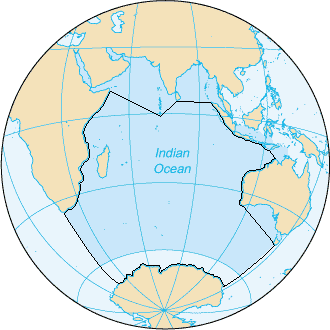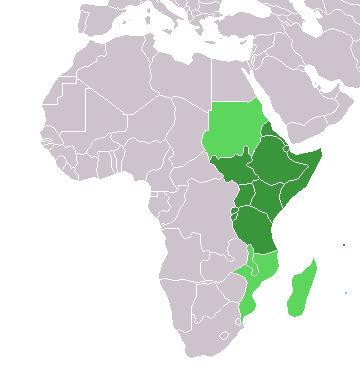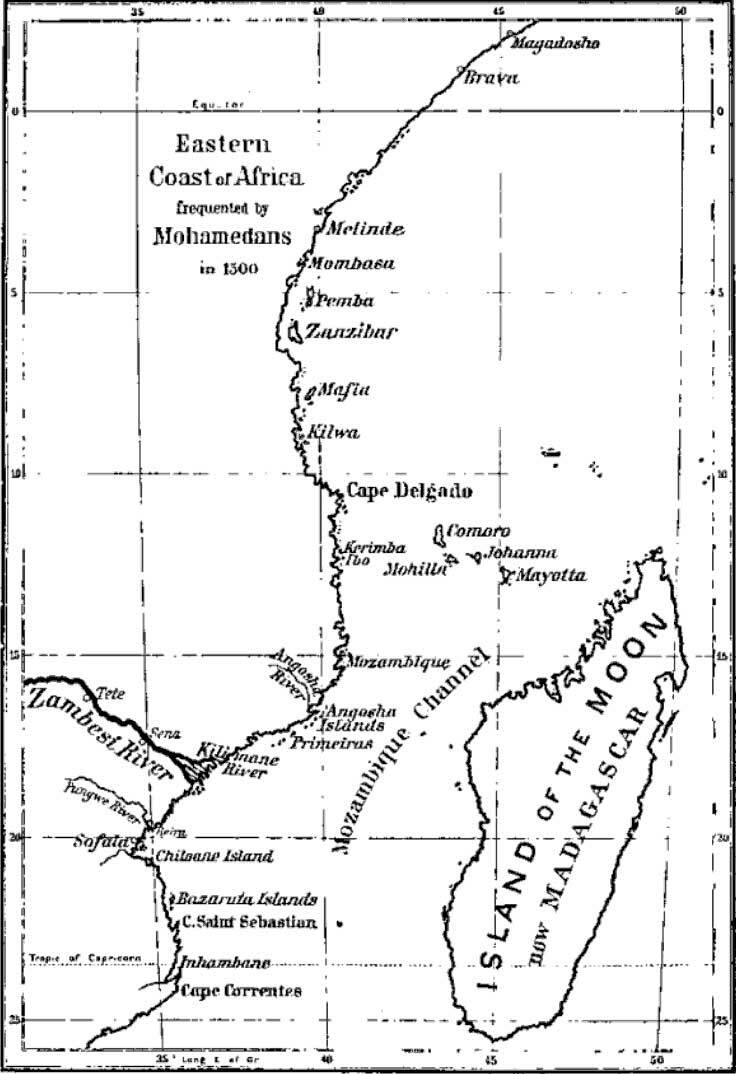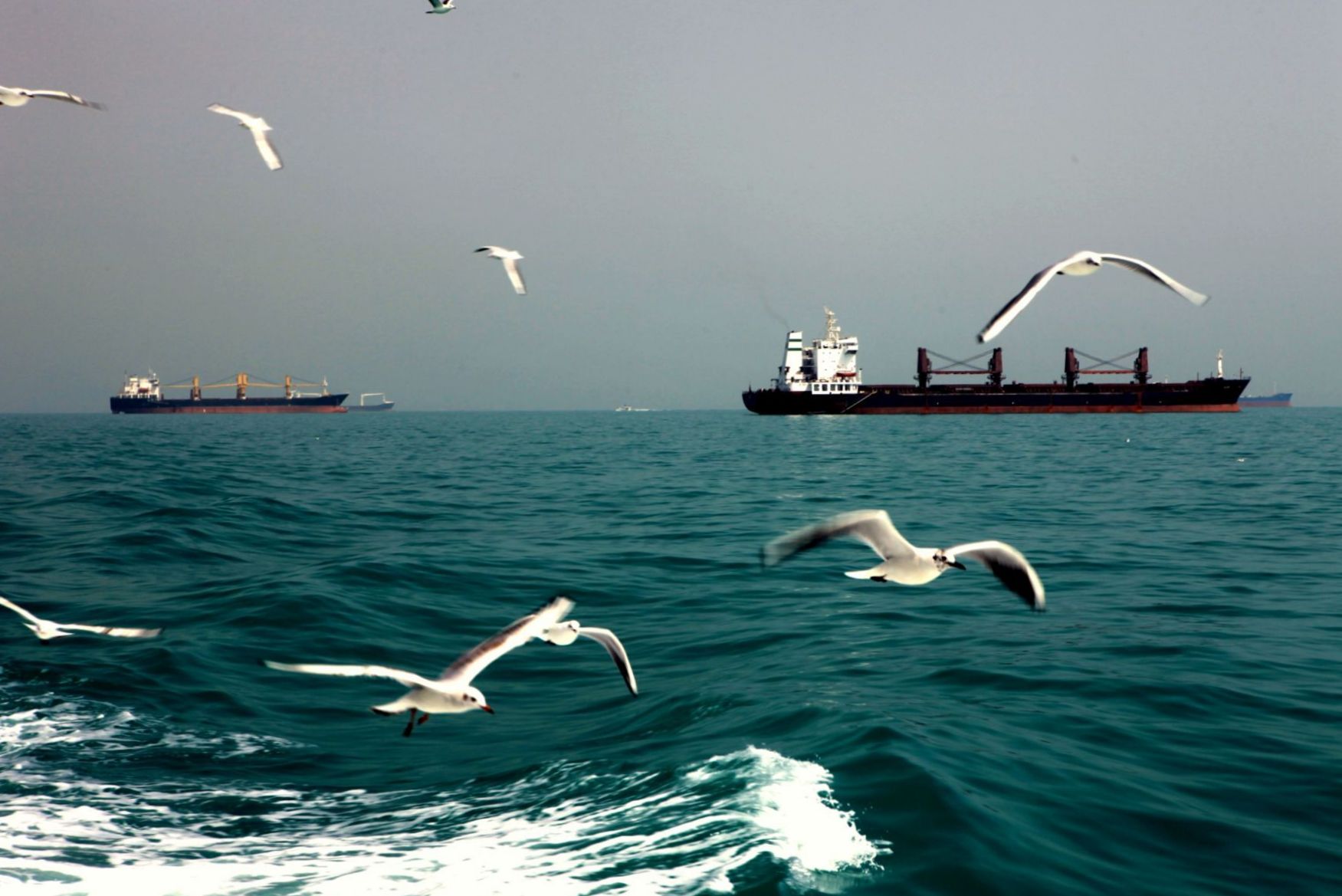|
Kilwa Chronicle
The ''Kilwa Chronicle'' is a text, believed to be based on oral tradition, which describes the origins of the Swahili city-state of Kilwa, on an Indian Ocean island near the East African coast. It recounts the genealogy of the rulers of the Kilwa Sultanate, following the foundation of the city by Persians from Shiraz and Hormuz in the tenth century until the arrival of the Portuguese in the sixteenth century. Subsequent ancient DNA studies have confirmed much of the basis of these stories to be true. Two sources of the ''Chronicle'' exist: the in Arabic and a Portuguese version that is a section of the book by the historian João de Barros. The genealogical account is similar in both versions but other details vary substantially. Sources * João de Barros João de Barros () (1496 – 20 October 1570), called the ''Portuguese Livy'', is one of the first great Portuguese historians, most famous for his ''Décadas da Ásia'' ("Decades of Asia"), a history of the Por ... [...More Info...] [...Related Items...] OR: [Wikipedia] [Google] [Baidu] |
Swahili People
The Swahili people ( sw, WaSwahili) comprise mainly Bantu, Afro-Arab and Comorian ethnic groups inhabiting the Swahili coast, an area encompassing the Zanzibar archipelago and mainland Tanzania's seaboard, littoral Kenya, northern Mozambique, the Comoros Islands, southwestern Somalia and Northwest Madagascar. The original Swahili distinguished themselves from other Bantu peoples by self-identifying as Waungwana (the civilised ones). In certain regions (e.g. Lamu Island), this differentiation is even more stratified in terms of societal grouping and dialect, hinting to the historical processes by which the Swahili have coalesced over time. More recently, however, Swahili identity extends to any person of African descent who speaks Swahili as their first language, is Muslim and lives in a town on the main urban centres of most of modern-day Tanzania and coastal Kenya, northern Mozambique and the Comoros, through a process of swahilization. The name ''Swahili'' originated as an e ... [...More Info...] [...Related Items...] OR: [Wikipedia] [Google] [Baidu] |
Kilwa Kisiwani
Kilwa Kisiwani (English: ''Kilwa Island'') is an island, national historic site, and hamlet community located in the township of Kilwa Masoko, the district seat of Kilwa District in the Tanzanian region of Lindi Region in southern Tanzania. Kilwa Kisiwani is the largest of the nine hamlets in the town Kilwa Masoko and is also the least populated hamlet in the township with less than 1,000 residents. At its peak Kilwa hosted over 10,000 inhabitants in the Middle Ages. Since 1981 the entire island of Kilwa Kisiwani has been designated by UNESCO as a World Heritage Site along with the nearby ruins of Songo Mnara. Despite its significant historic reputation, Kilwa Kisiwani is still home to a small and resilient community of native residents that have inhabited the island for centuries. Kilwa Kisiwani is one of the seven World Heritage Sites located in Tanzania. Additionally, the site is a registered National Historic Site. Geography Kilwa Kisiwani Island lies exactly at 9 degr ... [...More Info...] [...Related Items...] OR: [Wikipedia] [Google] [Baidu] |
Indian Ocean
The Indian Ocean is the third-largest of the world's five oceanic divisions, covering or ~19.8% of the water on Earth's surface. It is bounded by Asia to the north, Africa to the west and Australia to the east. To the south it is bounded by the Southern Ocean or Antarctica, depending on the definition in use. Along its core, the Indian Ocean has some large marginal or regional seas such as the Arabian Sea, Laccadive Sea, Bay of Bengal, and Andaman Sea. Etymology The Indian Ocean has been known by its present name since at least 1515 when the Latin form ''Oceanus Orientalis Indicus'' ("Indian Eastern Ocean") is attested, named after Indian subcontinent, India, which projects into it. It was earlier known as the ''Eastern Ocean'', a term that was still in use during the mid-18th century (see map), as opposed to the ''Western Ocean'' (Atlantic Ocean, Atlantic) before the Pacific Ocean, Pacific was surmised. Conversely, Ming treasure voyages, Chinese explorers in the Indian Oce ... [...More Info...] [...Related Items...] OR: [Wikipedia] [Google] [Baidu] |
East Africa
East Africa, Eastern Africa, or East of Africa, is the eastern subregion of the African continent. In the United Nations Statistics Division scheme of geographic regions, 10-11-(16*) territories make up Eastern Africa: Due to the historical Omani Empire and colonial territories of the British East Africa Protectorate and German East Africa, the term ''East Africa'' is often (especially in the English language) used to specifically refer to the area now comprising the three countries of Kenya, Tanzania, and Uganda. However, this has never been the convention in many other languages, where the term generally had a wider, strictly geographic context and therefore typically included Djibouti, Eritrea, Ethiopia, and Somalia.Somaliland is not included in the United Nations geoscheme, as it is internationally recognized as a part of Somalia. *Tanzania, Kenya, Uganda, Rwanda, Burundi, Democratic Republic of Congo and South Sudan are members of the East African Community. The firs ... [...More Info...] [...Related Items...] OR: [Wikipedia] [Google] [Baidu] |
Kilwa Sultanate
The Kilwa Sultanate ( fa, پادشاهی کیلوا) was a sultanate, centered at Kilwa Kisiwani, Kilwa (an island off modern-day, Kilwa District in Lindi Region of Tanzania), whose authority, at its height, stretched over the entire length of the Swahili Coast. According to the legend, it was founded in the 10th century by Ali ibn al-Hassan Shirazi, a Persians, Persian prince of Shiraz. His family ruled the Sultanate until the year 1277. They were replaced by the Arabs, Arab family of Abu Moaheb until 1505, when they were overthrown by a Portuguese invasion. By 1513, the sultanate was already fragmented into smaller states, many of which became protectorates of the Sultanate of Oman. History The history of Kilwa begins around 960–1000 AD. According to legend, Ali ibn al-Hassan Shirazi was one of seven sons of a ruler of Shiraz, Persia, his mother an Habesha people, Abyssinian slave. Upon his father's death, Ali was driven out of his inheritance by his brothers. Setting sail ... [...More Info...] [...Related Items...] OR: [Wikipedia] [Google] [Baidu] |
Shirazi People
The Shirazi people, also known as Mbwera, are a Bantu ethnic group inhabiting the Swahili coast and the nearby Indian ocean islands. They are particularly concentrated on the islands of Zanzibar, Pemba and Comoros.Tanzania Ethnic Groups East Africa Living Encyclopedia, accessed 28 June 2010 A number of Shirazi proliferated along the East African coast, most involving a named or unnamed Persian prince marrying a Swahili princess. Modern academics reject the authenticity of the primarily Persian origin claim.Horton & Middleton 2000: 20Bakari 2001: 70 They point to the relative rarity of Persian customs and ... [...More Info...] [...Related Items...] OR: [Wikipedia] [Google] [Baidu] |
Shiraz
Shiraz (; fa, شیراز, Širâz ) is the List of largest cities of Iran, fifth-most-populous city of Iran and the capital of Fars province, Fars Province, which has been historically known as Pars (Sasanian province), Pars () and Persis. As of the 2016 national census, the population of the city was 1,565,572 people, and its built-up area with Sadra, Fars, Sadra was home to almost 1,800,000 inhabitants. A census in 2021 showed an increase in the city's population to 1,995,500 people. Shiraz is located in Southern Iran, southwestern Iran on the () seasonal river. Founded in the early Islamic period, the city has a moderate climate and has been a regional trade center for over a thousand years. The earliest reference to the city, as ''Tiraziš'', is on Elamite Clay tablet, clay tablets dated to 2000 BCE. The modern city was restored or founded by the Arabs, Arab Umayyad Caliphate in 693 CE and grew prominent under the successive Iranian peoples, Iranian Saffarid dynasty, Saffar ... [...More Info...] [...Related Items...] OR: [Wikipedia] [Google] [Baidu] |
Hormuz Island
Hormuz Island (; fa, جزیره هرمز ''Jazireh-ye Hormoz''), also spelled Hormoz, is an Iranian island in the Persian Gulf. Located in the Strait of Hormuz, off the Iranian coast, the island is part of Hormozgan Province. It is sparsely inhabited, but some development has taken place since the late 20th century. History The earliest evidence for human presence on the island is several stone artifacts discovered at the eastern shorelines of the Island. A lithic scatter was found at a site called Chand-Derakht, which is an uplifted marine Pleistocene terrace. This site yielded a Middle Paleolithic lithic assemblage characterized by Levallois methods and dates back to more than 40,000 years ago. The island, known as Organa () to the ancient Greeks and as Jarun in the Islamic period, acquired the name of "Hormuz" from the important harbour town of Hormuz (Ormus) on the mainland 60 km away, which had been a centre of a minor principality on both sides of the strait. The ... [...More Info...] [...Related Items...] OR: [Wikipedia] [Google] [Baidu] |
Arabic Language
Arabic (, ' ; , ' or ) is a Semitic language spoken primarily across the Arab world.Semitic languages: an international handbook / edited by Stefan Weninger; in collaboration with Geoffrey Khan, Michael P. Streck, Janet C. E.Watson; Walter de Gruyter GmbH & Co. KG, Berlin/Boston, 2011. Having emerged in the 1st century, it is named after the Arab people; the term "Arab" was initially used to describe those living in the Arabian Peninsula, as perceived by geographers from ancient Greece. Since the 7th century, Arabic has been characterized by diglossia, with an opposition between a standard prestige language—i.e., Literary Arabic: Modern Standard Arabic (MSA) or Classical Arabic—and diverse vernacular varieties, which serve as mother tongues. Colloquial dialects vary significantly from MSA, impeding mutual intelligibility. MSA is only acquired through formal education and is not spoken natively. It is the language of literature, official documents, and formal written m ... [...More Info...] [...Related Items...] OR: [Wikipedia] [Google] [Baidu] |
Portuguese Language
Portuguese ( or, in full, ) is a western Romance language of the Indo-European language family, originating in the Iberian Peninsula of Europe. It is an official language of Portugal, Brazil, Cape Verde, Angola, Mozambique, Guinea-Bissau and São Tomé and Príncipe, while having co-official language status in East Timor, Equatorial Guinea, and Macau. A Portuguese-speaking person or nation is referred to as " Lusophone" (). As the result of expansion during colonial times, a cultural presence of Portuguese speakers is also found around the world. Portuguese is part of the Ibero-Romance group that evolved from several dialects of Vulgar Latin in the medieval Kingdom of Galicia and the County of Portugal, and has kept some Celtic phonology in its lexicon. With approximately 250 million native speakers and 24 million L2 (second language) speakers, Portuguese has approximately 274 million total speakers. It is usually listed as the sixth-most spoken language, the third-most sp ... [...More Info...] [...Related Items...] OR: [Wikipedia] [Google] [Baidu] |
João De Barros
João de Barros () (1496 – 20 October 1570), called the ''Portuguese Livy'', is one of the first great Portuguese historians, most famous for his ''Décadas da Ásia'' ("Decades of Asia"), a history of the Portuguese in India, Asia, and southeast Africa. Early years Educated in the palace of Manuel I of Portugal, he composed, at the age of twenty, a romance of chivalry, the ''Chronicle of the Emperor Clarimundo'', in which he is said to have had the assistance of Prince John (later King John III). Upon ascending the throne, King John III awarded Barros the captaincy of the fortress of St George of Elmina, to which he proceeded in 1524. In 1525, he obtained the post of treasurer of the India House, which he held until 1528. To escape from an outbreak of bubonic plague in 1530 Barros moved from Lisbon to his country house near Pombal, where he finished a moral dialogue, ''Rho pica Pneuma'', which was praised by Juan Luís Vives. On his return to Lisbon in 1532 the king appoi ... [...More Info...] [...Related Items...] OR: [Wikipedia] [Google] [Baidu] |
African Chronicles
African or Africans may refer to: * Anything from or pertaining to the continent of Africa: ** People who are native to Africa, descendants of natives of Africa, or individuals who trace their ancestry to indigenous inhabitants of Africa *** Ethnic groups of Africa *** Demographics of Africa *** African diaspora ** African, an adjective referring to something of, from, or related to the African Union ** Citizenship of the African Union ** Demographics of the African Union **Africanfuturism ** African art ** *** African jazz (other) ** African cuisine ** African culture ** African languages ** African music ** African Union ** African lion, a lion population in Africa Books and radio * ''The African'' (essay), a story by French author J. M. G. Le Clézio * ''The African'' (Conton novel), a novel by William Farquhar Conton * ''The African'' (Courlander novel), a novel by Harold Courlander * ''The Africans'' (radio program) Music * "African", a song by Peter Tosh f ... [...More Info...] [...Related Items...] OR: [Wikipedia] [Google] [Baidu] |







